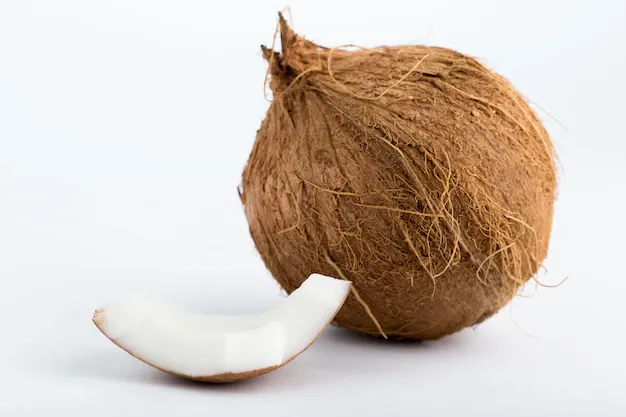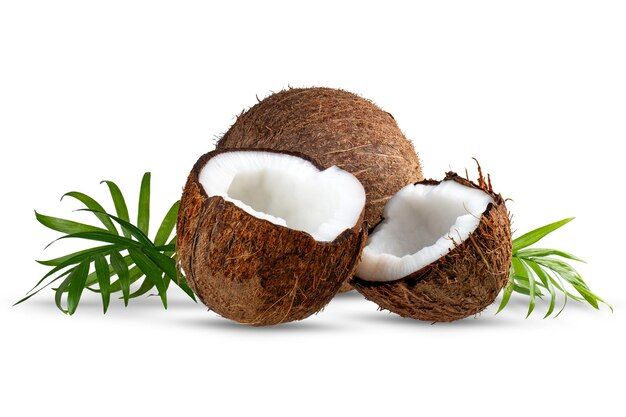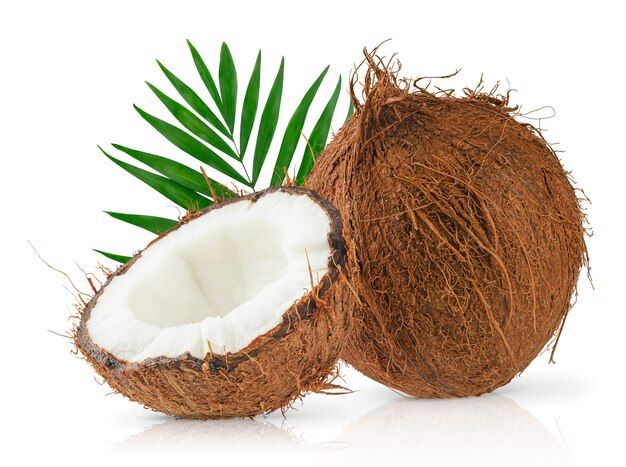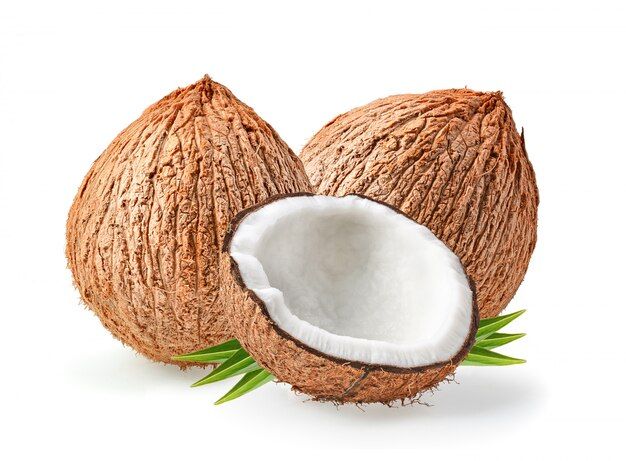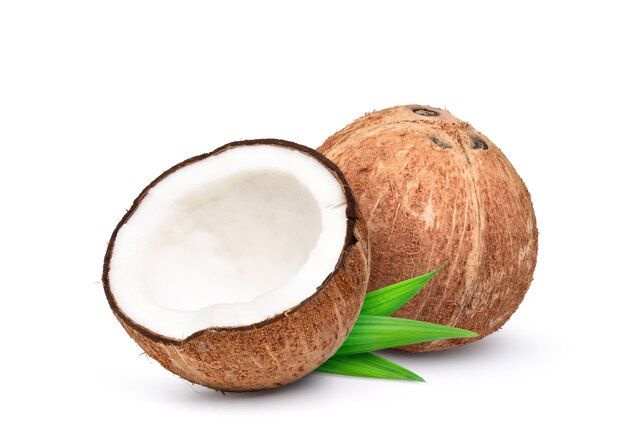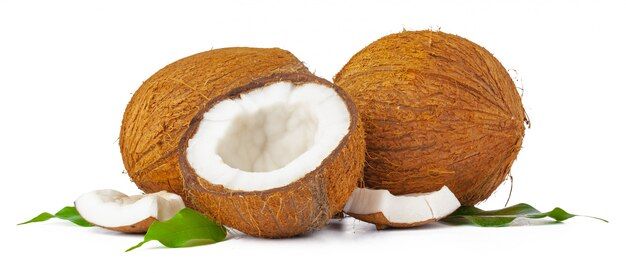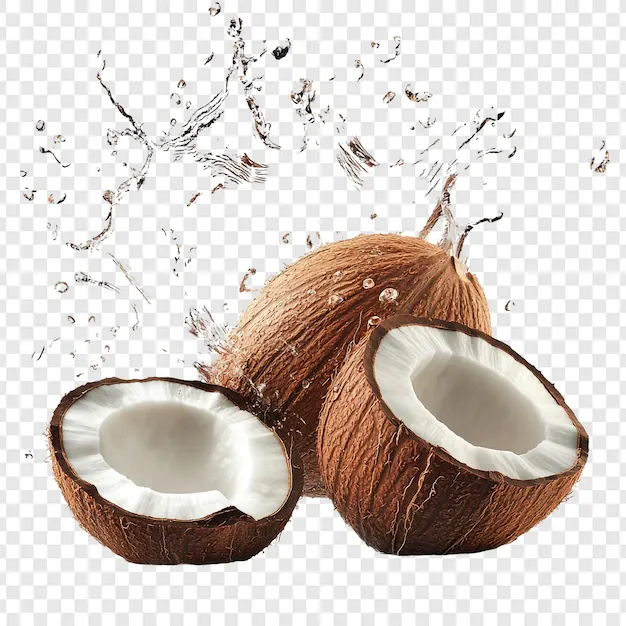Hello Everyone...
Good night all...
Coconuts have long been revered as one of the most versatile and valuable crops in tropical regions around the world. Known for their impressive health benefits, unique flavor, and wide array of uses, coconuts are a staple in many diets and ecosystems. Whether you're looking to cultivate a coconut garden or simply want to learn more about the nutritional benefits of coconuts, this blog post will guide you through both processes.
How to Grow a Coconut Garden
Growing a coconut garden can be a rewarding venture if you're in the right climate. Coconuts thrive in tropical and subtropical regions where the weather is warm and humid. Here’s a comprehensive guide on how to grow your own coconut garden from start to finish.
1. Choose the Right Location
Coconuts need a tropical climate to grow, which means they require ample sunlight, warmth, and humidity. Ideally, your coconut garden should be located near the coast or in an area that experiences warm temperatures year-round (between 75-95°F or 24-35°C).
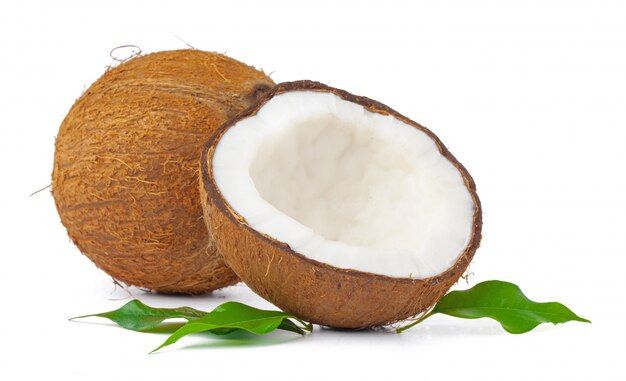
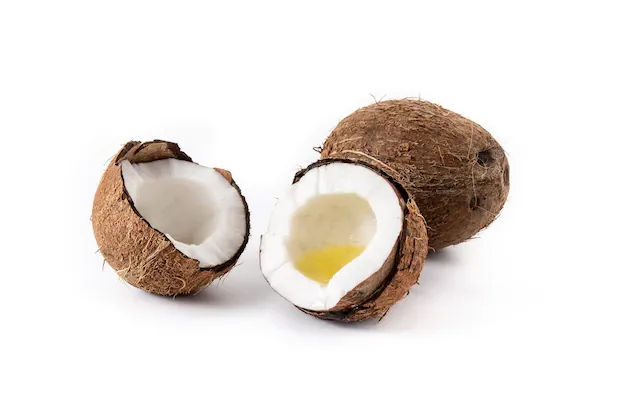
When selecting a site, make sure the area has well-drained soil. Coconuts are sensitive to waterlogging, so poor drainage can stunt their growth. The soil should also be rich in organic matter and slightly acidic (pH range of 5.0-8.0).
2. Selecting Coconut Varieties
There are two main types of coconut varieties: dwarf and tall.
Dwarf coconuts are shorter in height, typically around 6 to 8 feet, and mature more quickly, producing fruit in about 3 to 5 years.
Tall coconuts are taller, ranging from 20 to 30 feet in height, and can take 6 to 10 years to mature fully.
You can choose between the two depending on the space available and how quickly you want your coconut garden to bear fruit.
In terms of fruit production, the hybrid varieties, which are a mix of dwarf and tall coconut types, are highly recommended for gardeners looking for quicker yields and disease resistance.
3. Preparing the Soil
Before planting coconut palms, prepare the soil by clearing away any debris, rocks, or weeds. This allows the young coconut palms to establish their roots without competition for nutrients.
In sandy or poor soil areas, amend the soil with compost or organic matter. Coconuts do well in slightly acidic soils, so if your soil is too alkaline, consider adding sulfur or organic material to balance the pH.
4. Planting Coconuts
To plant a coconut, you’ll need a mature coconut seed that is about 9-12 months old. You can either purchase these from a local nursery or, if you're lucky, use coconuts that have naturally fallen from a tree.
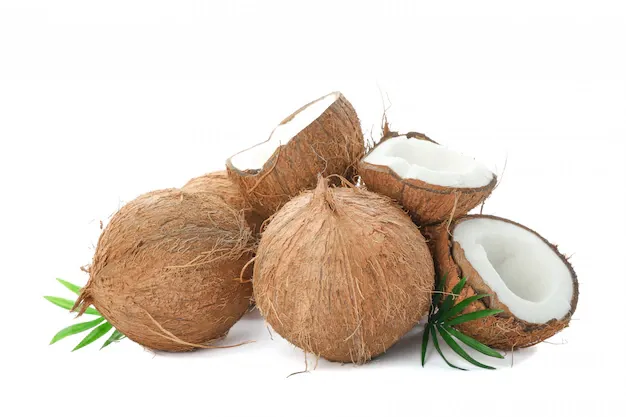
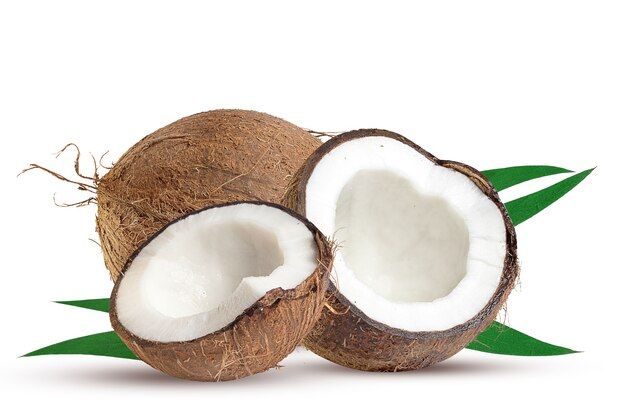
Step 1: Prepare the coconut seed: Soak the coconut seed in water for several days to soften the husk.
Step 2: Plant the coconut: Dig a hole that is about 12 to 18 inches deep and wide. Place the coconut seed inside the hole with the pointed end facing upward. Gently cover it with soil, ensuring the seed is well-supported but not too deeply buried.
You can plant the coconut seeds in rows, with each coconut spaced 25 to 30 feet apart to allow ample space for growth.
5. Watering and Care
Coconut palms require a lot of water, especially during their early stages of growth. Be sure to water them regularly but avoid over-watering, as this could cause root rot. During the rainy season, you may not need to water the palms much, but in dry periods, ensure they receive enough moisture.
Mulching around the base of the trees can help retain moisture and keep the soil temperature stable.
6. Fertilizing Coconut Palms
Coconuts are heavy feeders and require a balanced supply of nutrients. For optimal growth, apply a fertilizer rich in nitrogen, phosphorus, potassium, and magnesium. You can also incorporate organic matter such as compost or manure into the soil to enrich it.

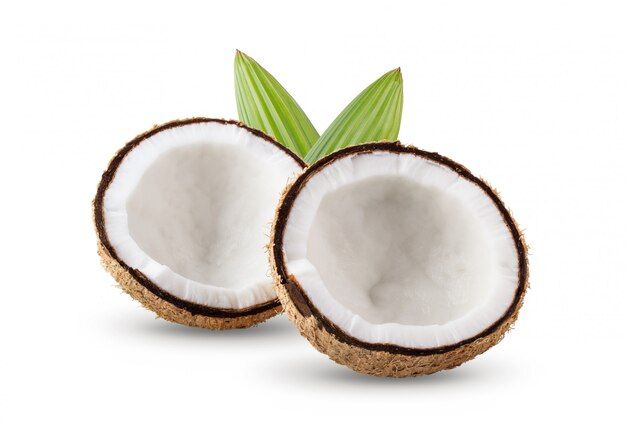
Additionally, consider adding micro-nutrients like zinc, boron, and copper, as these are essential for coconut palms to thrive and produce fruit.
7. Pest and Disease Management
Coconut palms are susceptible to various pests and diseases, including the coconut rhinoceros beetle and fungal infections. Regularly inspect the trees for signs of pest activity or disease, and take action immediately if you notice any issues. Organic pesticides, insecticidal soaps, and neem oil are effective for controlling pests without harming the environment.
8. Pruning and Maintenance
Coconut trees do not require heavy pruning, but you should regularly remove dead or damaged fronds. This helps the tree direct its energy toward new growth. Pruning also reduces the risk of disease and pests by allowing air to circulate around the tree.
9. Harvesting Coconuts
Coconuts are ready to harvest when the outer shell changes color, usually turning from green to brown or yellow. Depending on the type of coconut (dwarf or tall), the time it takes to reach maturity can vary. Generally, it takes 6 to 10 years for a coconut palm to fully mature and produce fruit, but in the right conditions, they can produce coconuts for 60 years or more.
You’ll need a long pole or ladder to reach the coconuts, as the trees are tall. Always exercise caution when harvesting coconuts to avoid injury.
The Benefits of Consuming Coconuts and Vitamins
Coconuts are not only versatile in cooking and as raw ingredients, but they are also packed with a variety of health benefits. From enhancing skin health to improving digestion and boosting energy, the nutritional content of coconuts makes them a superfood in many diets.
1. Rich in Healthy Fats
Coconut products, including coconut water, meat, milk, and oil, are known for being rich in healthy fats, specifically medium-chain triglycerides (MCTs). MCTs are easily absorbed and converted into energy by the body, making coconut products an excellent choice for athletes or individuals looking for an energy boost.
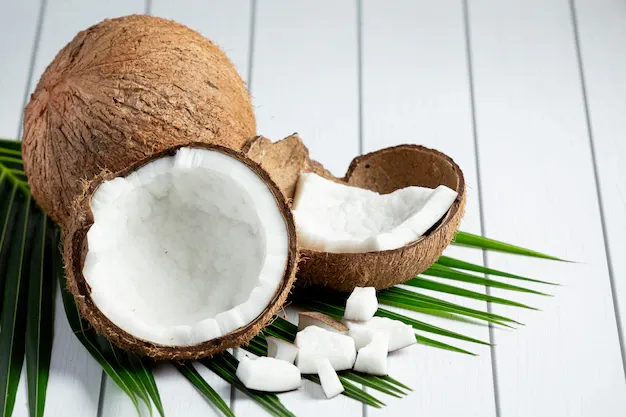
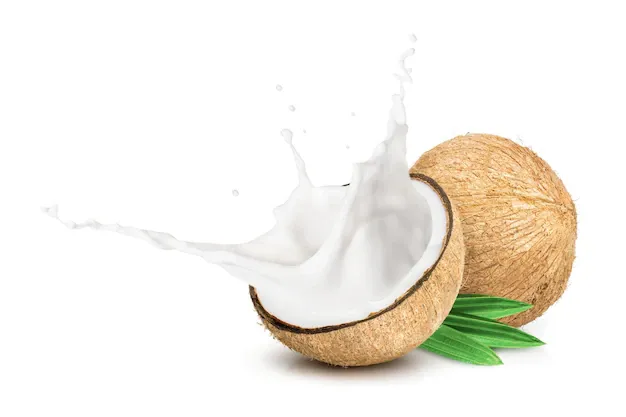
In addition to providing quick energy, MCTs are also linked to promoting fat loss and improving metabolic function. They are metabolized by the liver, so they are less likely to be stored as fat compared to long-chain fatty acids.
2. Promotes Heart Health
Although coconuts contain saturated fats, the type of saturated fat in coconut products is different from the saturated fats found in processed foods. The medium-chain fatty acids found in coconut oil have been shown to increase good cholesterol (HDL) levels, which can help reduce the risk of heart disease.
Moreover, coconut oil is rich in antioxidants, such as polyphenols, that help fight inflammation and reduce oxidative stress, which are major contributors to cardiovascular diseases.
3. Improves Digestion
Coconuts, particularly coconut meat and coconut oil, contain antimicrobial properties that can help improve digestion. The lauric acid in coconut oil has antibacterial and antiviral properties, which may help protect the digestive system from harmful pathogens.
Coconut meat is high in fiber, which is beneficial for maintaining regular bowel movements and supporting overall gut health. Fiber also plays a key role in reducing the risk of gastrointestinal issues, such as constipation or bloating.
4. Boosts Immune Function
The lauric acid found in coconut oil is converted in the body into monolaurin, which has been shown to have antiviral, antibacterial, and antifungal properties. By incorporating coconut products into your diet, you can help strengthen your immune system and fight off infections naturally.
5. Supports Skin Health
Coconut oil is widely used in skincare products due to its moisturizing and healing properties. It is an excellent natural remedy for dry skin, eczema, and other skin conditions. Coconut oil’s antimicrobial properties also make it effective in treating acne and other skin infections.
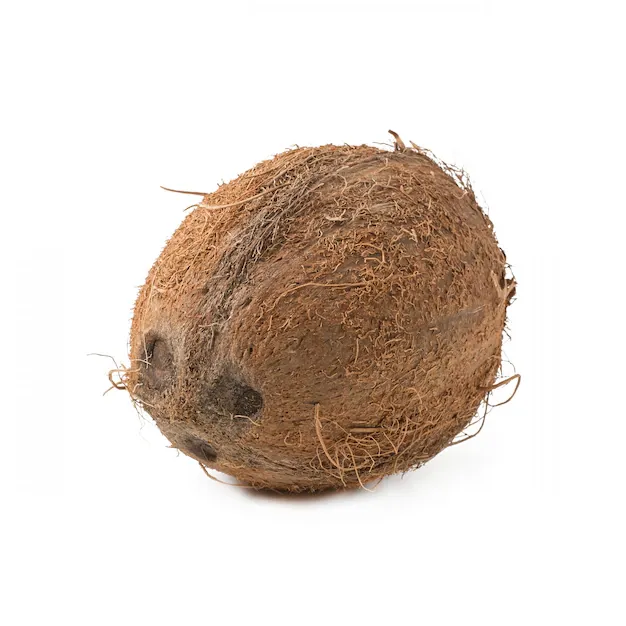
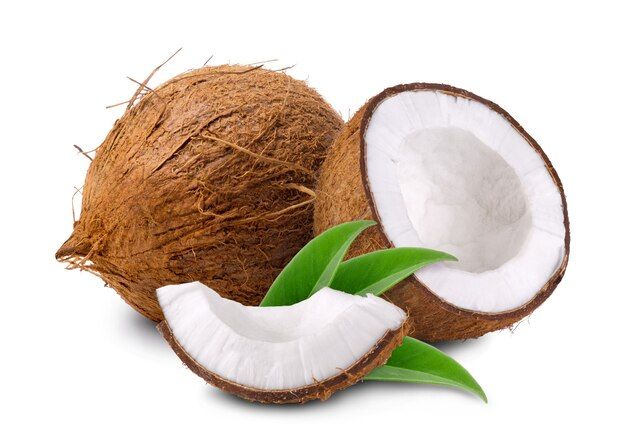
Coconut water, when applied topically, can also help soothe sunburned skin due to its hydrating and cooling effects.
6. Enhances Brain Function
Coconuts are a great source of medium-chain triglycerides (MCTs), which are known to support brain health. These MCTs are converted into ketones, which are an alternative fuel source for the brain. Research suggests that MCTs may help improve cognitive function and may even aid in the management of neurodegenerative diseases such as Alzheimer's.
7. Promotes Hydration
Coconut water is a natural, low-calorie beverage that contains electrolytes, including potassium, sodium, and magnesium. It is a great alternative to sugary sports drinks for rehydration after exercise. The electrolyte content of coconut water helps restore the body’s fluid balance, keeping you hydrated and energized.
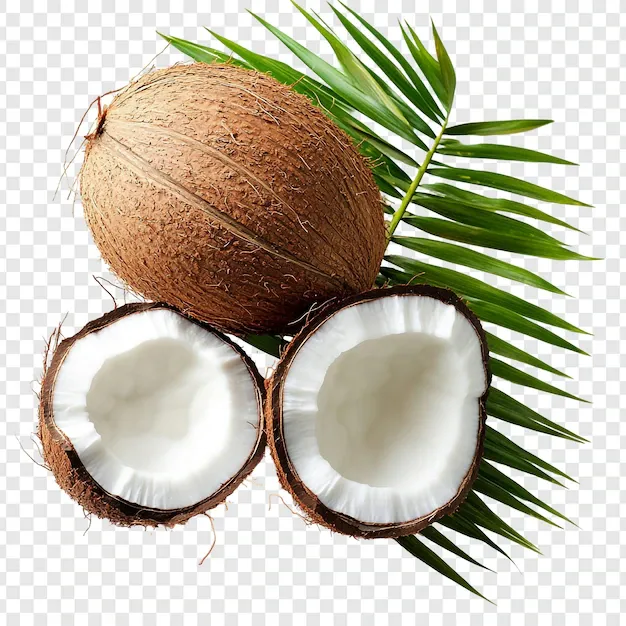

Growing a coconut garden is a rewarding experience that provides numerous benefits. By selecting the right location, choosing the appropriate coconut variety, and providing the necessary care, you can cultivate your own coconut palms and enjoy fresh coconuts for many years to come.
On top of that, coconuts are packed with nutritional benefits, from supporting heart health and digestive function to boosting the immune system and promoting hydration. Incorporating coconut products into your diet, whether it's coconut water, milk, or oil, can provide essential vitamins and nutrients that contribute to a healthier lifestyle.
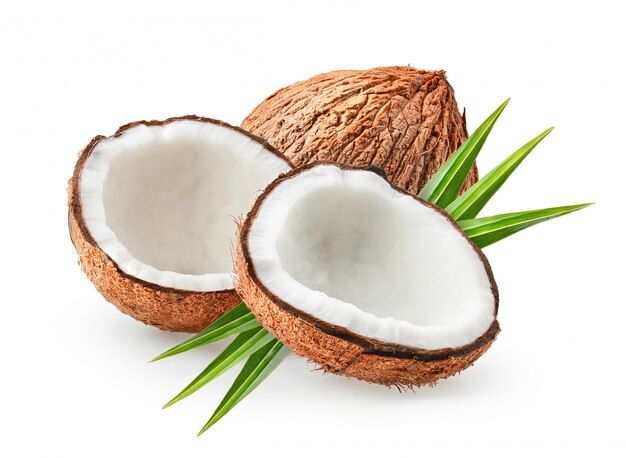
Video credit Farm channel
So, whether you're a gardener or a health enthusiast, coconuts are truly a gift from nature, offering a wide array of advantages for your health and well-being.
